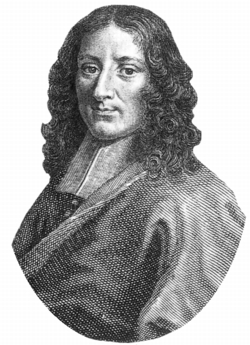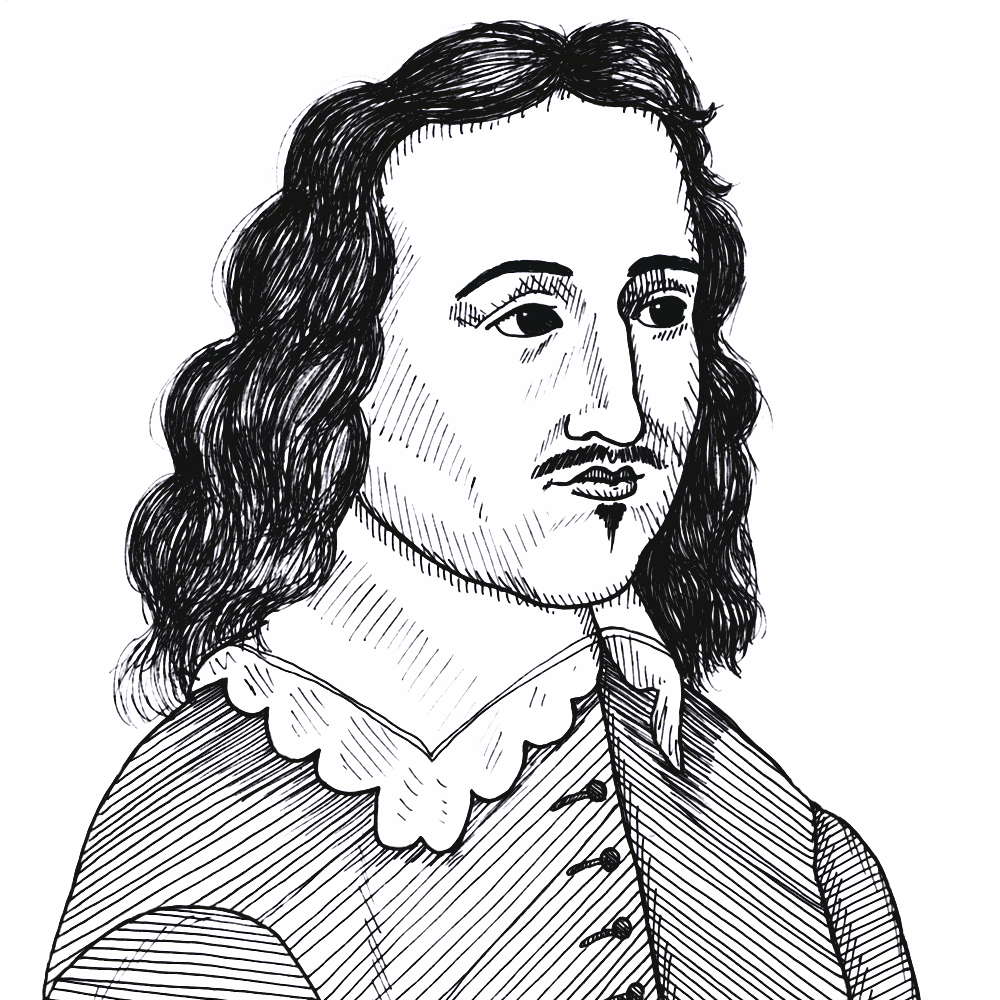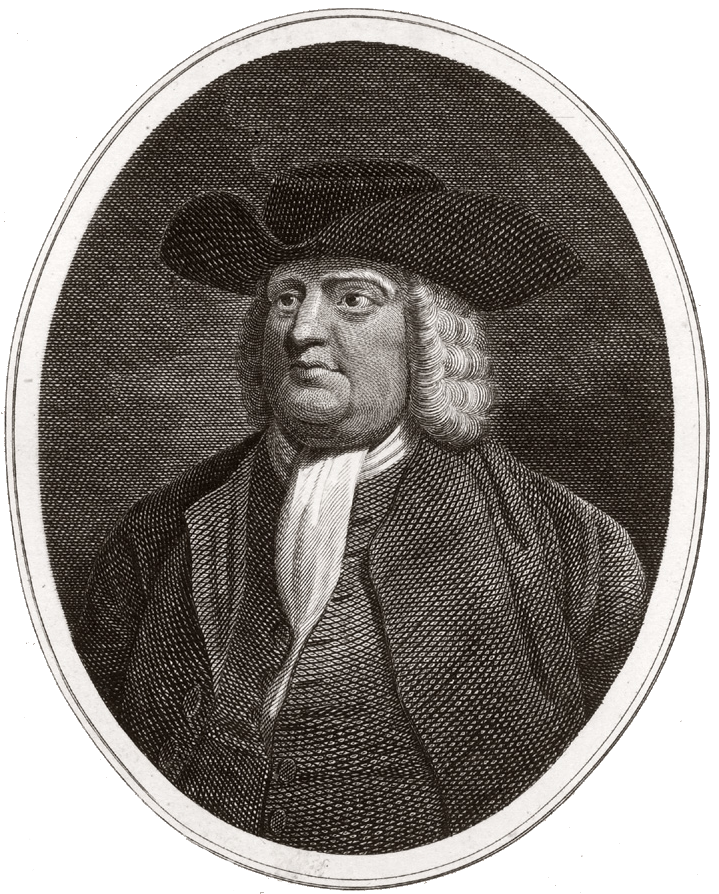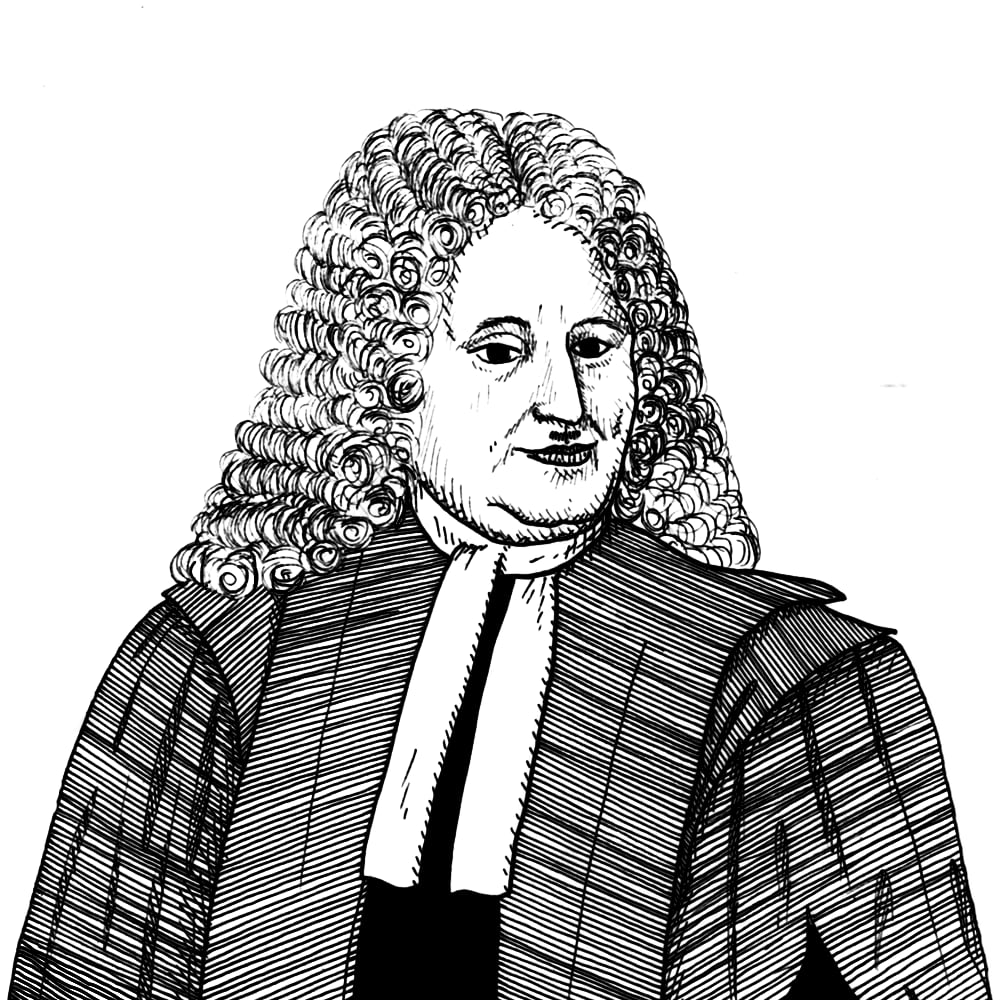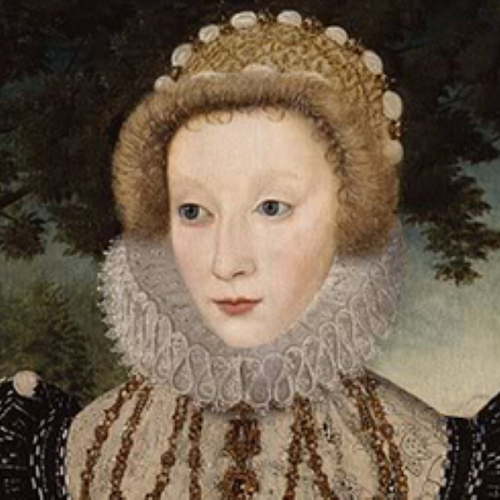Religious Toleration
About this Collection
The French King, Louis XIV, revoked the laws that granted religious toleration to the Calvinists - also known as the the Huguenots - the Edict of Nantes, in 1685. This sparked a debate throughout Europe about the benefits and costs of a tolerant religious policy. John Locke wrote a series of “letters on toleration” and he was joined by the German jurist Samuel Pufendorf. The wars and revolutions in England from the 1640s to 1689 were concerned with questions of the religious persecution and toleration of Protestants and Catholics. William Penn was active in the 1670s and 1680s in arguing for religious liberty.
Key People
Titles & Essays
THE READING ROOM
THE READING ROOM
THE READING ROOM
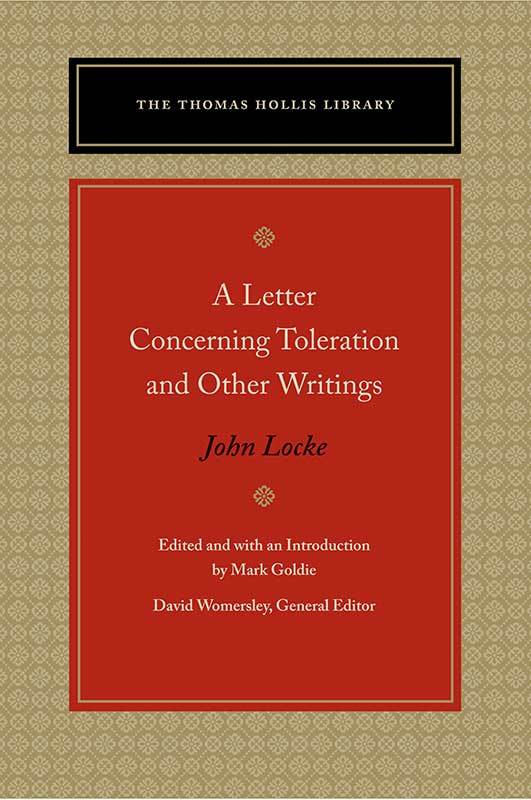
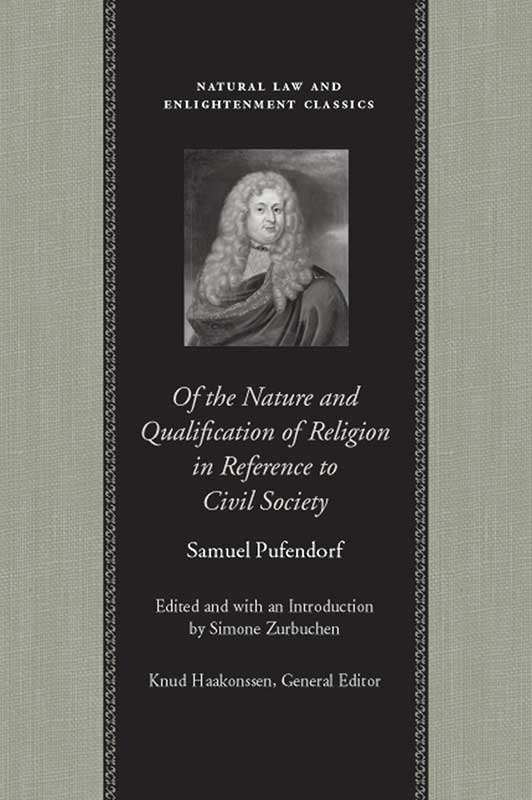
Samuel von Pufendorf (author)
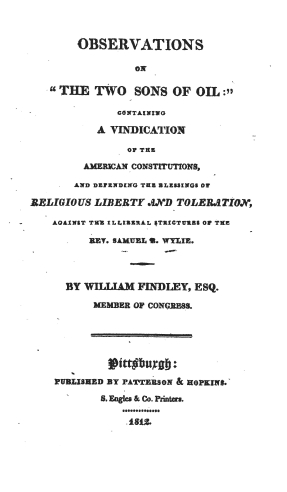
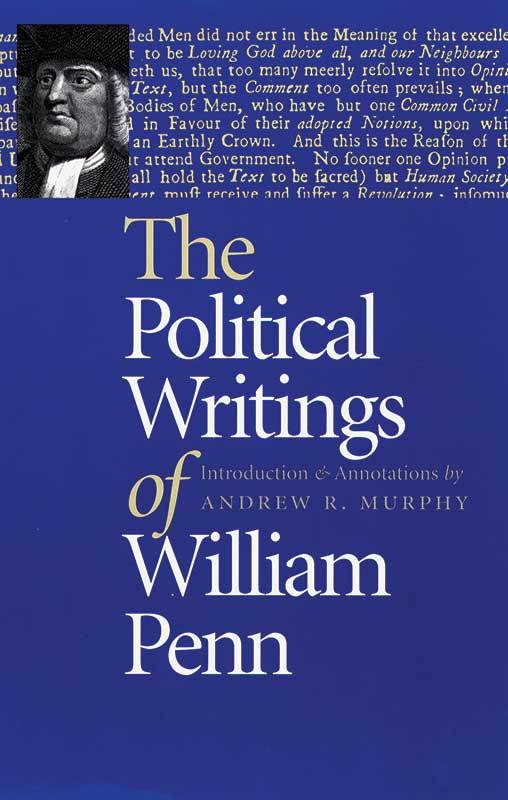
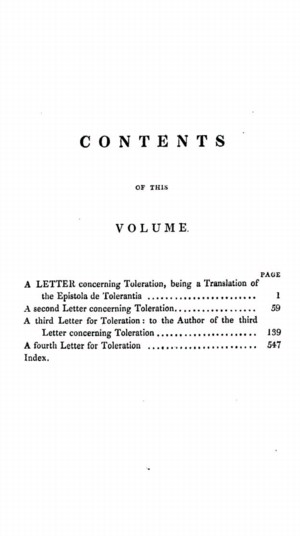
Quotes
Natural Rights
Herbert Spencer on the right of political and economic “dissenters” to have their different beliefs and practices respected by the state (1842)
Religion & Toleration
John Locke believed that the magistrate should not punish sin but only violations of natural rights and public peace (1689)
Religion & Toleration
John Stuart Mill on the “religion of humanity” (c. 1858)
Religion & Toleration
Pierre Bayle begins his defence of religious toleration with this appeal that the light of nature, or Reason, should be used to settle religious differences and not coercion (1708)
Religion & Toleration
Voltaire argued that religious intolerance was against the law of nature and was worse than the “right of the tiger” (1763)
Science
Voltaire laments the destruction of Lisbon in an earthquake and criticises the philosophers who thought that “all’s well with the world” and the religious who thought it was “God’s will” (1755)
Religion & Toleration
Voltaire notes that where Commerce and Toleration predominate, a Multiplicity of Faiths can live together in Peace and Happiness (1764)

